Daily Report Archives
Established in December 1993, the Nautilus Institute’s *N*ortheast *A*sia *P*eace and *S*ecurity *N*etwork (NAPSNet) Daily Report served thousands of readers in more than forty countries, including policy makers, diplomats, aid organizations, scholars, donors, activists, students, and journalists.
The NAPSNet Daily Report aimed to serve a community of practitioners engaged in solving the complex security and sustainability issues in the region, especially those posed by the DPRK’s nuclear weapons program and the threat of nuclear war in the region. It was distributed by email rom 1993-1997, and went on-line in December 1997, which is when the archive on this site begins. The format at that time can be seen here.
However, for multiple reasons—the rise of instantaneous news services, the evolution of the North Korea and nuclear issues, the increasing demand for specialized and synthetic analysis of these and related issues, and the decline in donor support for NAPSNet—the Institute stopped producing the Daily Report news summary service as of December 17, 2010.

MASAO TOMONAGA OCTOBER 9 2020 I. INTRODUCTION In this essay, Masao Tomonaga concludes that: “Even now in 2020 hibakusha continue to suffer atomic bomb radiation- induced cancers and leukemia. This life-long health consequence prove genuine inhumane nature of nuclear weapons. We must challenge a new stage of nuclear abolition under dangerous divide between NPT […]
Go to the article

NISHEETH SINGH OCTOBER 5, 2020 I. INTRODUCTION In this Special Report, Nisheeth Singh presents a case study of the European interconnected electricity grid network, including its origins, organization, current status, governing institutions and principles, and data exchanges between partners that allow the network and associated power markets that allow the network to function smoothly, […]
Go to the article
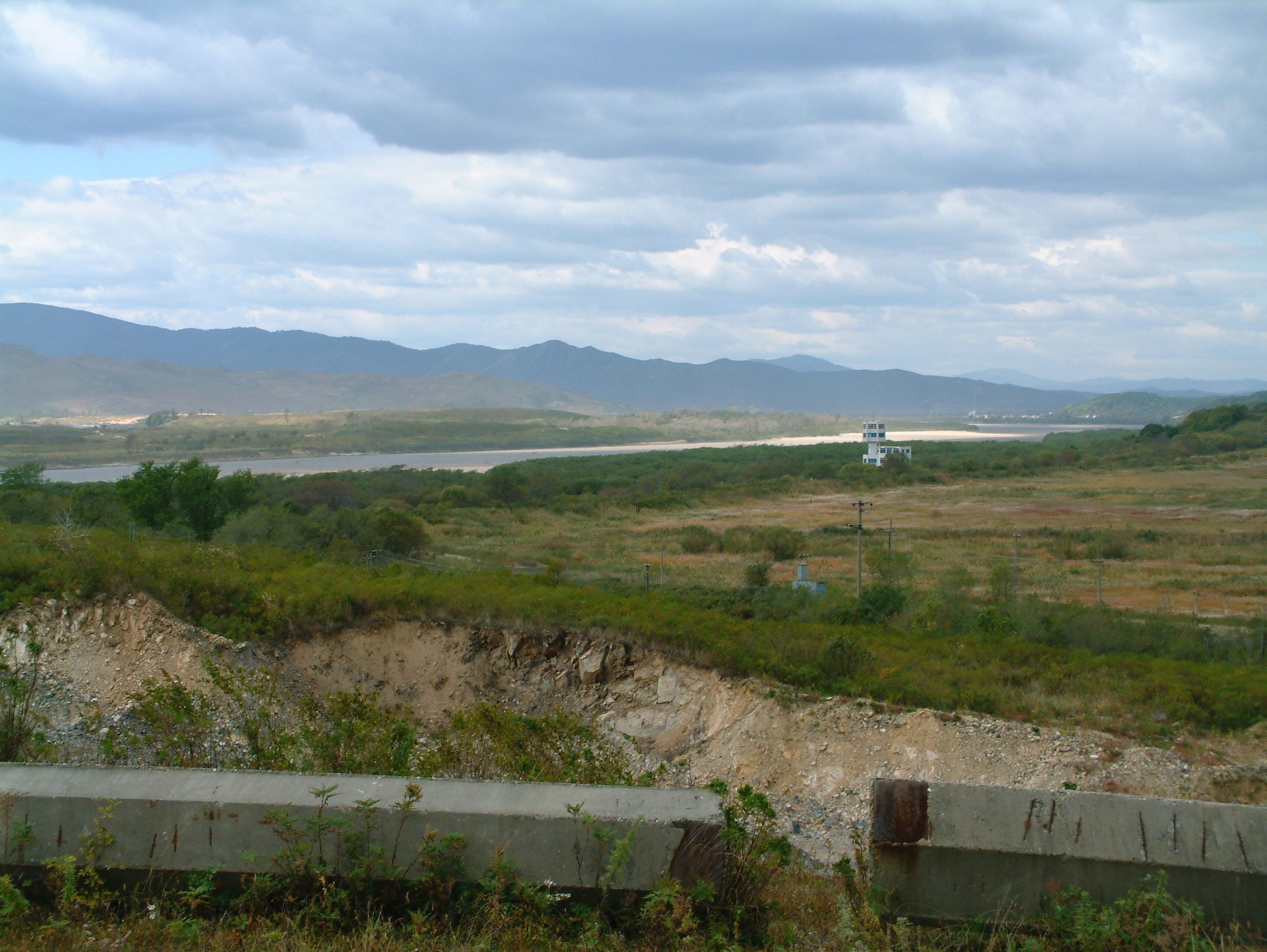
VALENTIN VOLOSHCHAK OCTOBER 2, 2020 I. INTRODUCTION In this Special Report, Valentin Voloshchak reviews Russian economic policy as it pertains to electricity sector interconnections in Northeast Asia, including a review of previous discussions of grid interconnections in the region, potential future relationships among grid interconnection participants, and challenges related to grid interconnection from a Russian […]
Go to the article
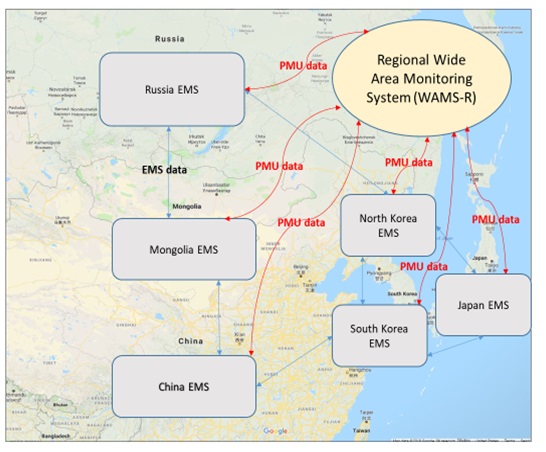
JAY GIRI SEPTEMBER 29, 2020 I. INTRODUCTION In this Special Report, Jay Giri describes the technical aspects of integrating electrical grids across utility and national boundaries, including the data exchanges required between the utilities and transmission companies that operate the elements of the integrated grids. Some of the potential short- and longer-term impacts of […]
Go to the article
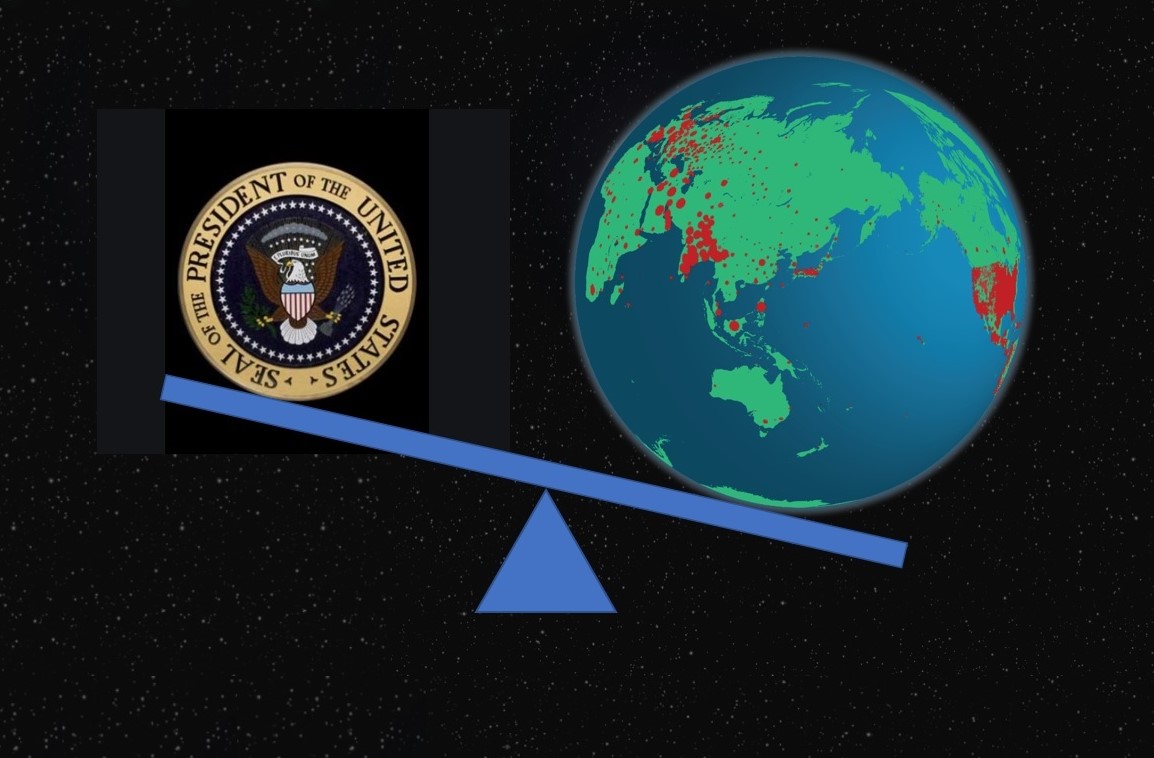
LEON V. SIGAL SEPTEMBER 29 2020 I. INTRODUCTION In this essay, Leon Sigal concludes that “Absent popular action…positive change to the global nuclear order will continue to be marginal and fitful. This makes the international milieu critical for the nuclear future – a milieu that a president can influence but not determine.” The essay […]
Go to the article

WOOHYUN HWANG SEPTEMBER 27, 2020 I. INTRODUCTION In this Special Report, Woohyun Hwang describes the current status and recent development of microgrids based on renewable energy sources and other generation in the Republic of Korea (ROK). The types of microgrids constructed in the ROK are described, along with policies related to microgrid development and […]
Go to the article
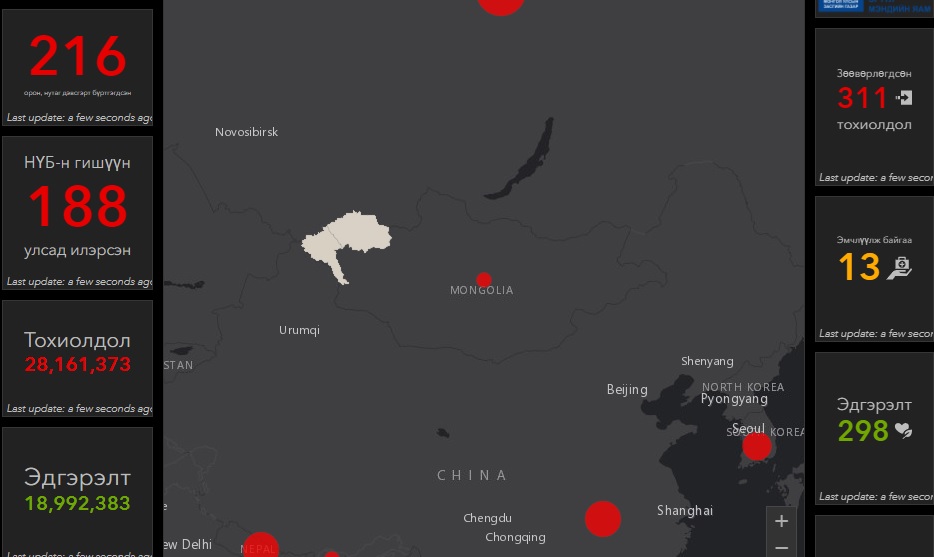
ULZIILKHAM UUGANBAYAR AND TOVUUDORJ PUREVJAV SEPTEMBER 24, 2020 I. INTRODUCTION In this essay, Ulziilkham Uuganbayar and Tovuudorj Purevjav describe covid-caused dislocations to Mongolia’s energy sector being: a) delays to installation caused by supply chain disruption; b) reduced energy demand; and c) defaults on payments creating utility liquidity problems. Ulziilkham Uuganbayar and Tovuudorj Purevjav are […]
Go to the article
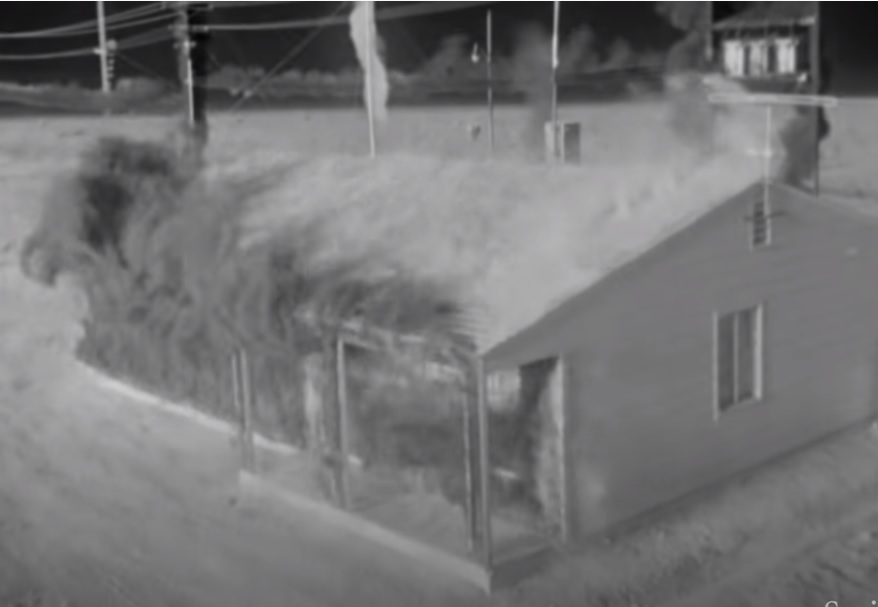
G. D. HESS SEPTEMBER 24, 2020 I. INTRODUCTION In this essay, G. Dale Hess dissects the scientific debate on the severity of the climatic effects of a regional nuclear war between India and Pakistan, namely the Global Nuclear Winter versus the No Nuclear Winter schools. He discusses the underlying assumptions of each school and […]
Go to the article

CHRIS GREACEN SEPTEMBER 22, 2020 I. INTRODUCTION In this Special Report, Chris Greacen describes the technical and organizational aspects of integrating mini-grids into national grids, including technical, economic, and market issues related to interconnecting mini-grids, which are increasingly important in many countries as renewable generation becomes more cost-effective and practical, into national transmission systems. Some […]
Go to the article

TOVUUDORJ PUREVJAV SEPTEMBER 20, 2020 I. INTRODUCTION In this Special Report, Tovuudorj Purevjav presents a description of the Mongolian electricity grids and their interconnections, a review of the present systems, technologies, and software for collection of grid data on the Mongolian electricity system, a description of existing methods for electricity demand forecasting in […]
Go to the article











